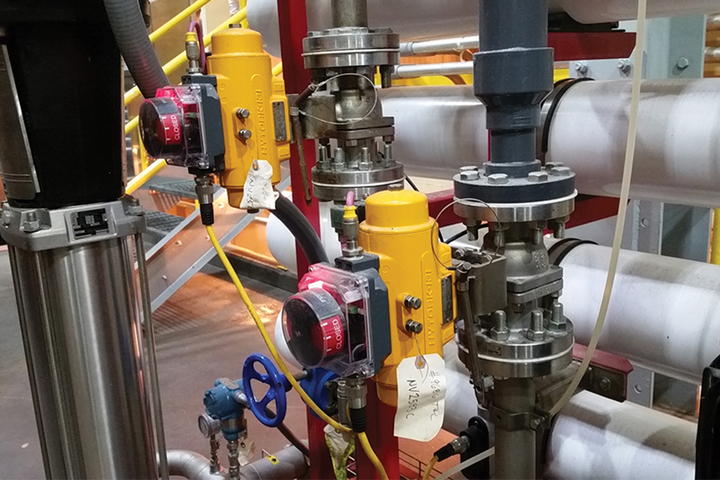Course Details
Your Growth, Our Mission

Course Description
The Training Course Will Highlight ?
Training Objective
Target Audience
Engineers and technicians of mechanical, electrical and chemical engineering will benefit largely from this seminar. Maintenance, operation, and people R and D department are recommended to attend this course.
Training Methods
Daily Agenda
Day 1
Basics of the Valve Technology
Valves Technology
Types of Valves
Valves Characteristics
- Sealing Performance
- Leakage Criterion
- Leakage Classifications
- Sealing Mechanisms
- Valve Stem Seals
- Flow Characteristics
- Flow Through Valves
- Valve Flow Characteristics
- Linear & Equal %
Day 2
Manual vs. Automatic Valves
Manual Valves
Functions of Manual Valves
Methods of Regulation
- Valve Types:
- Stopping / Starting Valves
- Control Valves
Valve and Connections
Valves Rating
Valves Seating
- Types of Manual Valves
- Gate Valves
- Plug Valves
- Ball Valves
- Butterfly Valves
- Pinch Valves
- Diaphragm Valves
Check Valves
Applications
- Types of Check Valves
- Lift Check Valves
- Swing Check Valves
- Tilting – disc Check Valves
- Diaphragm Check Valves
Check Valves Operation
Selection of Check Valves
Day 3
Relief and Safety Valves: Function and Operation
Relief and Safety Valves
- Relief Valve Types
- Pressure – relieving Devices
- Automatically operated Valves
- Direct – acting and Piloted Pressure Relief Valves
- Modulating, Full – Lift, and Ordinary Pressure Relief Valves
Valve Loading
Safety Valves
Operation of Rupture Discs
Day 4
Valves Troubleshooting
Valves Problem, and Troubleshooting
High Pressure Drop
- Pressure Recovery Characteristics
- Cavitation in Valves
- Incipient and Choked Cavitation
- Flow Curve Cavitation Index
- Cavitation – Elimination Devices
Flashing vs. Cavitation
Flow Choking
High Velocities
- Water Hammer
- What causes water hammer?
- Water Hammer Calculations
- Solutions of Water Hammer
Surge Protection
Check Valve Slamming
Noise Problems
Clean Air Standards
Life Loading
Packing for Fugitive-emission Control
Troubleshooting and Control Valves
Control Valves and Actuators
Control Valves Types
Linear Valve Features
Rotary Valve Features
- Control Valve Flow Characteristics
- Quick Opening Characteristics
- Linear & Equal %
Actuation Systems
- Types of Actuators
- Pneumatic piston Actuator
- Electric Motors
- Electrohydraulic Actuators
Actuator Performance
Valve Positioner
Operation of Positioners
- Positioner Calibration
Day 5
Valve Sizing and Selection
Valve-sizing Criteria for Manual Valves
Valve-sizing criteria for Check Valves
Valve-sizing Criteria for Throttling Valves
Incipient and Advanced Cavitation
Terminal Pressure Drop Ratio
Percent of Flashing
Pressure Recovery Coefficient
Valve Sizing & Selection Procedure
Selecting a Valve Type
Different Valves Characteristics
Examples
Accreditation
BTS attendance certificate will be issued to all attendees completing minimum of 80% of the total course duration.
Quick Enquiry
Request Info
Related Courses
Your Growth, Our Mission

